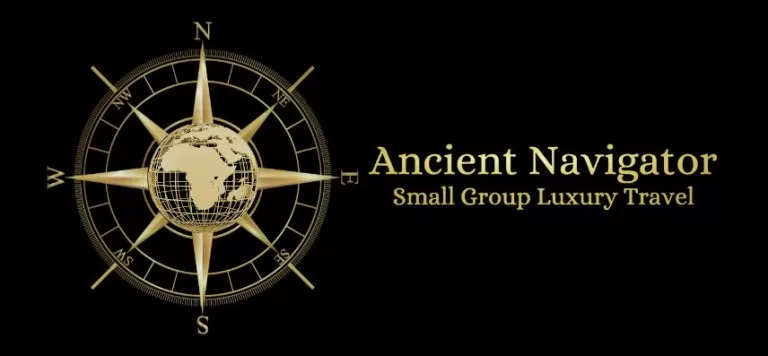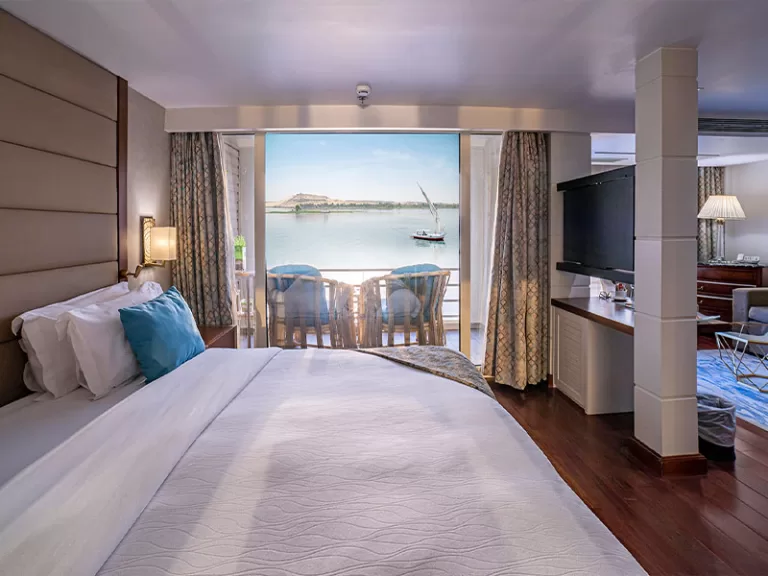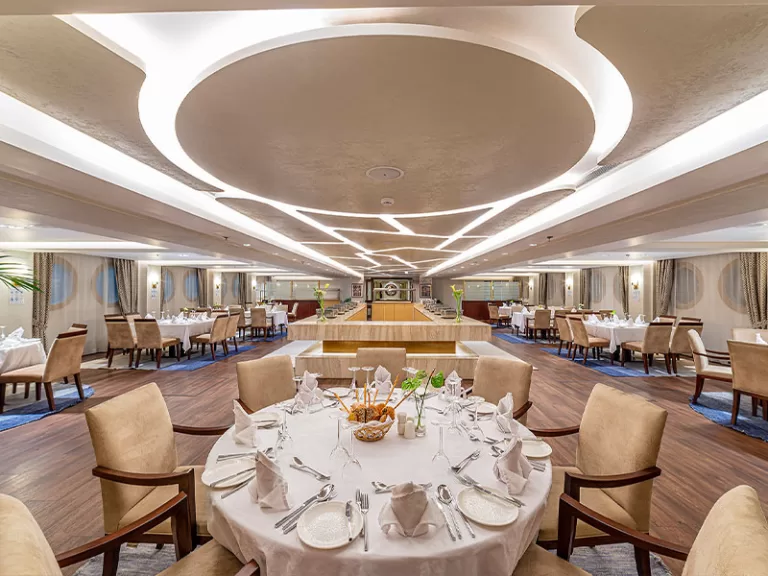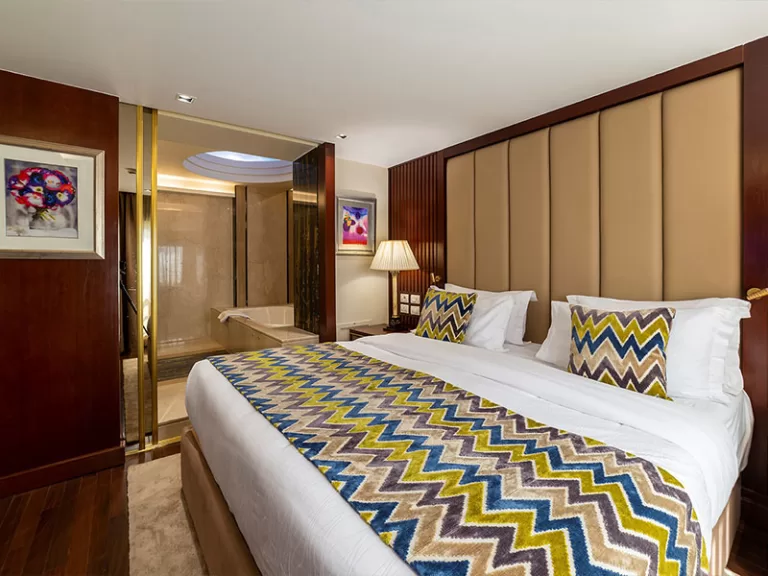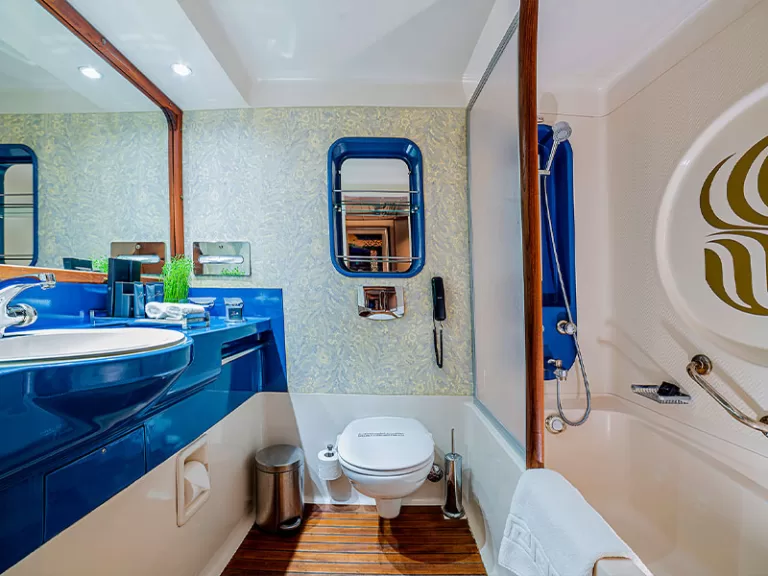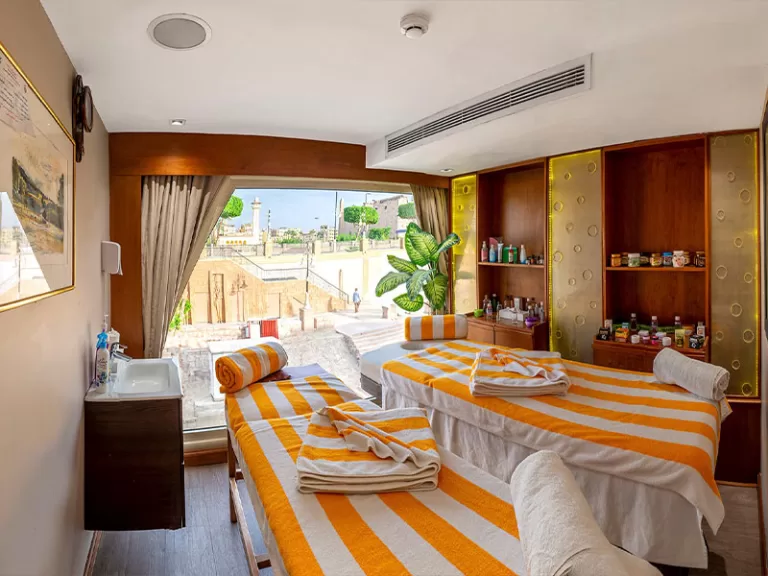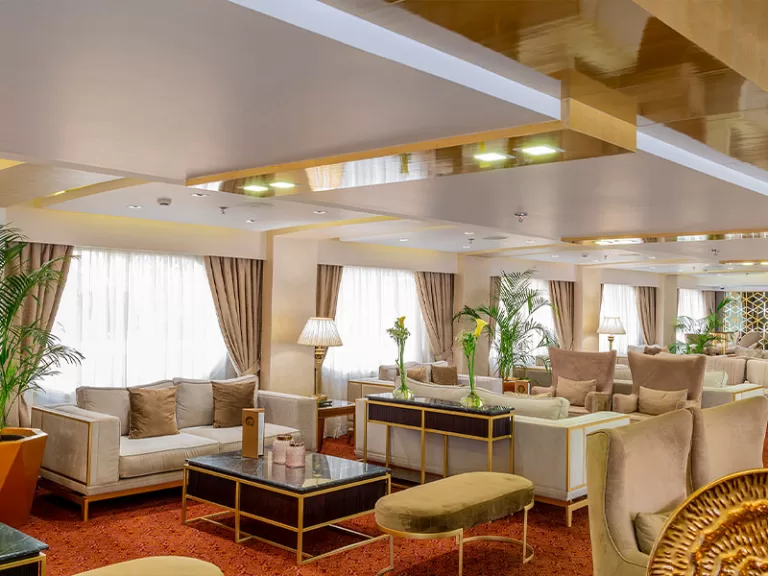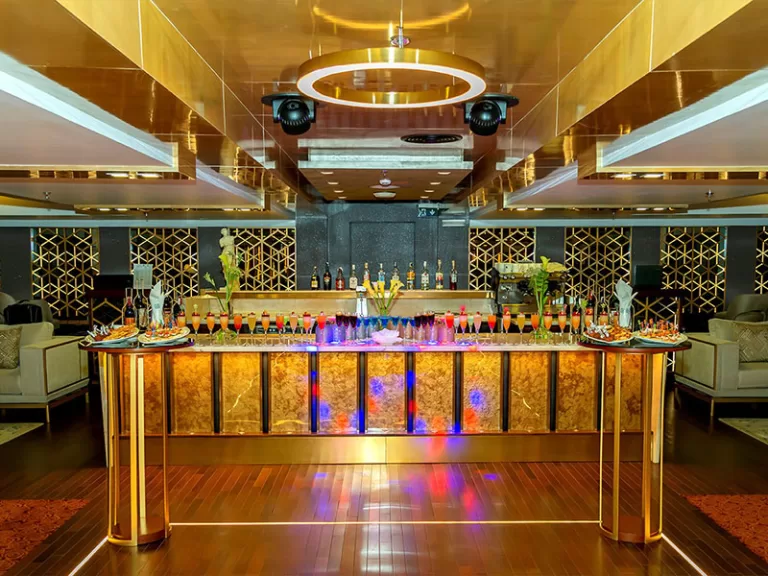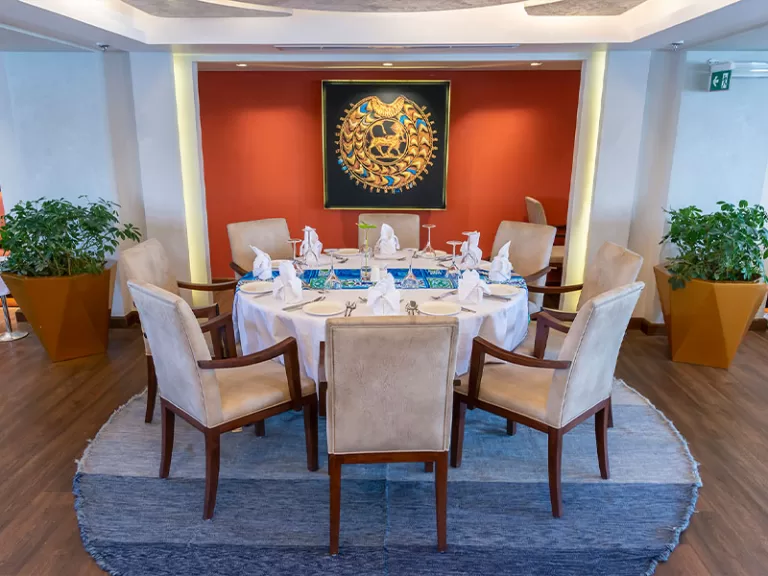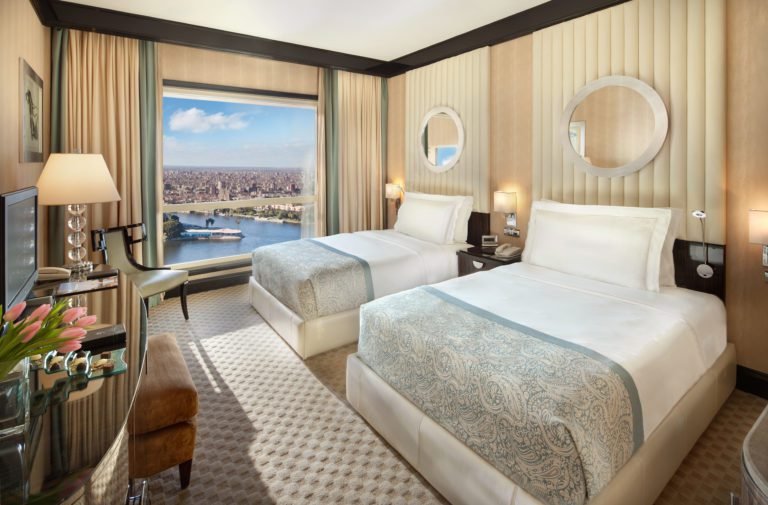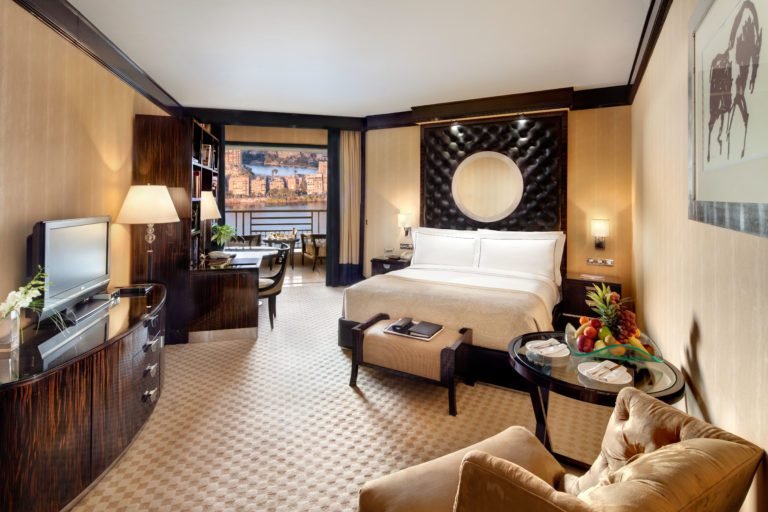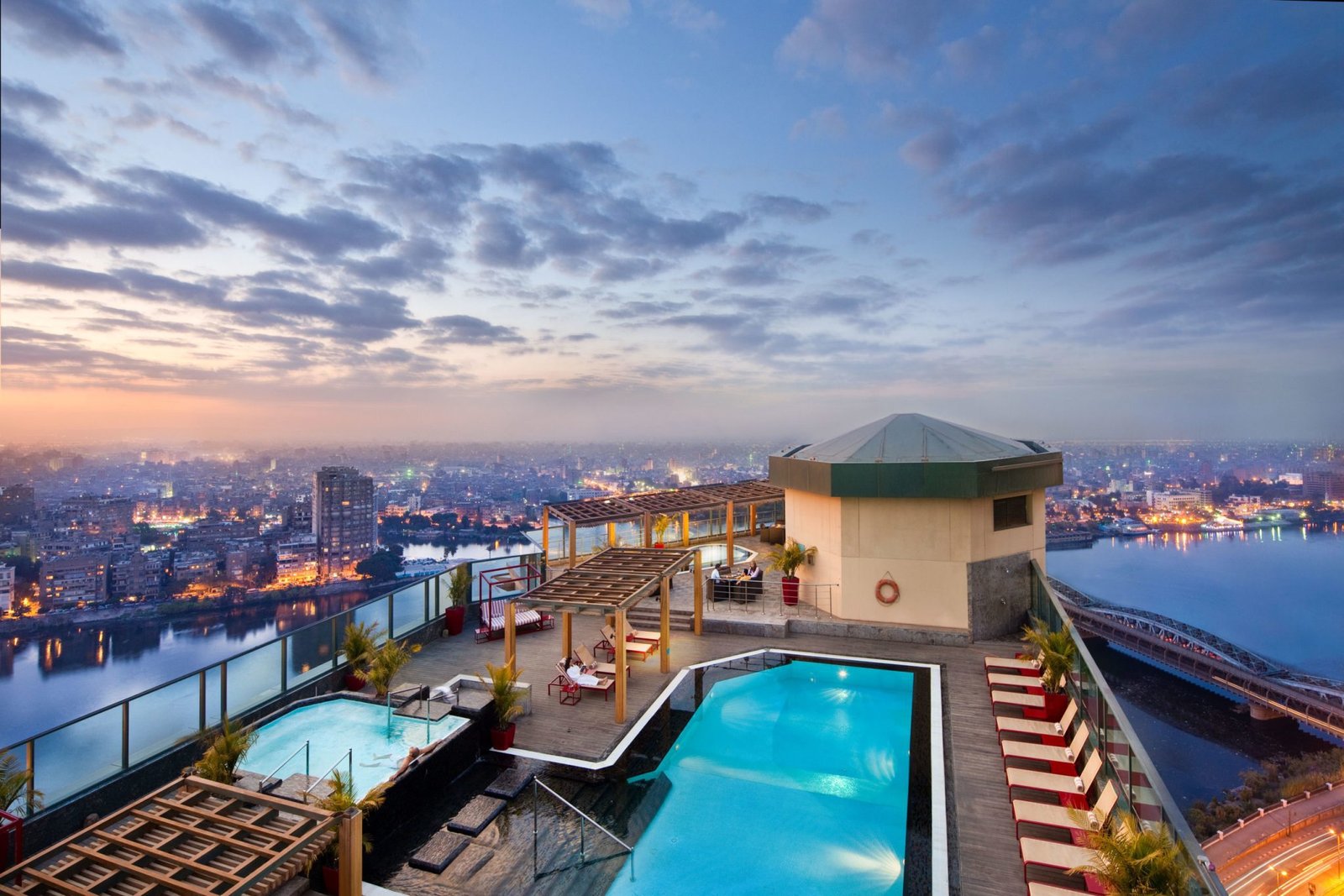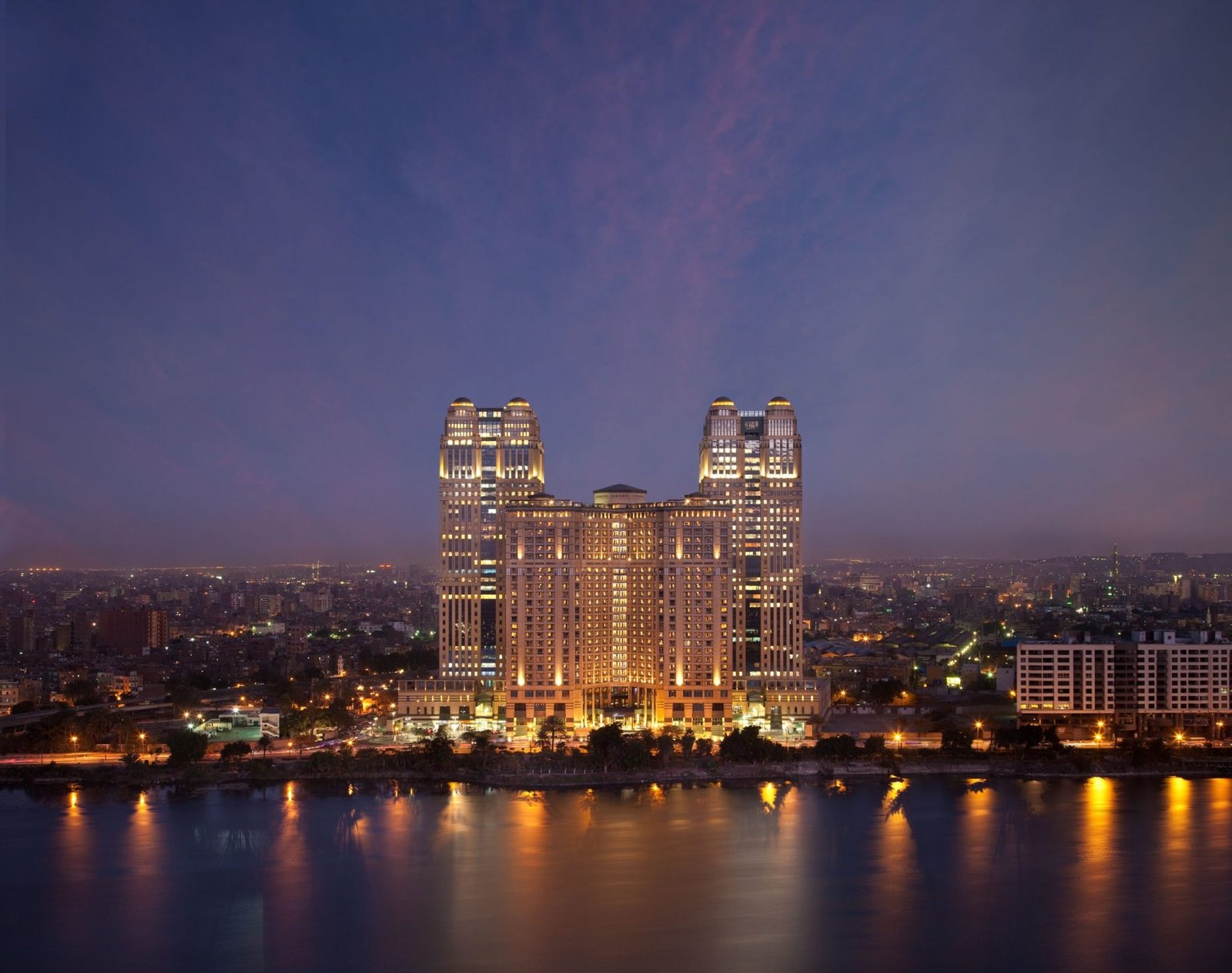The Future of Nile Tourism After Ethiopia’s Mega Dam
What the Completion of the GERD Means for Travelers, Egypt, and the World’s Longest River
Table of Contents
The Future of Nile Tourism After Ethiopia’s Mega Dam
THE RIVER THAT CHANGED THE WORLD IS CHANGING AGAIN
Imagine this: you’re standing on the sun-drenched deck of a Nile cruise ship, the same river Cleopatra sailed, the same waters that fed the ancient Egyptian empire. The sky is painted in gold, temples rise in the distance, and time feels like it stopped just for you. But halfway across the world, headlines scream: “Ethiopia Finishes Controversial Dam! Could the Nile Dry Up?” And suddenly, a shadow crosses your imagination. Will your dream trip be disrupted? Is the river in danger? Will this ancient highway of history soon be history itself?
Spoiler alert: no. The Nile is not drying up. Your journey is not in jeopardy. But the story of the Nile is evolving. Ethiopia’s Grand Ethiopian Renaissance Dam (GERD) is complete, and while it’s a historic engineering feat, the real story is what it doesn’t do: it doesn’t stop the Nile from flowing, it doesn’t harm Egyptian tourism, and it doesn’t change the fact that now is one of the best times in a generation to experience the river firsthand.
TL;DR:
Ethiopia’s GERD is finished. But Nile tourism in Egypt isn’t just safe—it’s thriving. This post explains what the dam really means, why you should ignore the panic, and how Ancient Navigator delivers an unparalleled Nile experience in the middle of one of the most historic turning points for the region.
KEY TAKEAWAYS
The GERD is complete, but Nile River tourism in Egypt remains fully operational. The dam, located in Ethiopia, has sparked political tension but poses no threat to cruise routes or historical attractions.
Egypt has long-term water management strategies that ensure the river remains viable for tourism and agriculture. The Nile has been regulated since the Aswan High Dam in the 1960s. GERD adds complexity, not catastrophe.
Media fearmongering distorts reality. While headlines thrive on conflict, the lived reality for travelers remains unchanged: safe, luxurious, and filled with awe-inspiring history.
Ancient Navigator specializes in intimate, luxury experiences that cut through noise and deliver timeless, transformative journeys along the Nile.
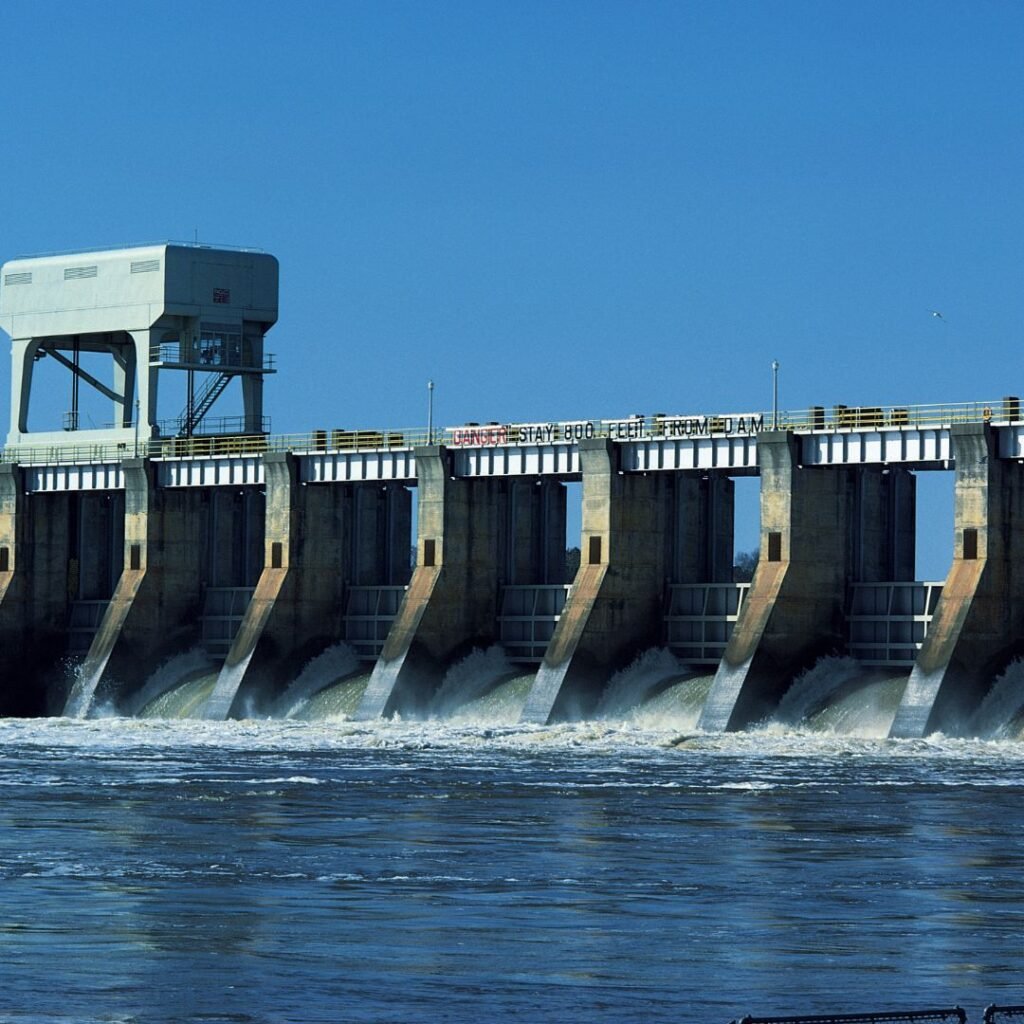
WHAT IS THE GERD AND WHY IS EVERYONE TALKING ABOUT IT?
The Grand Ethiopian Renaissance Dam (GERD) is the largest hydroelectric power plant in Africa. Spanning the Blue Nile near the Sudanese border, it’s the crown jewel of Ethiopia’s development ambitions. Standing over 145 meters tall and 1.8 kilometers long, it has the capacity to generate more than 6,000 megawatts of electricity. That’s enough to power tens of millions of homes, businesses, and infrastructures across Ethiopia—a country where over 50% of the population still lacks consistent access to electricity.
But this isn’t just about engineering. It’s about sovereignty, national pride, and regional power. Ethiopia views GERD as a path to energy independence and economic transformation. Egypt, however, sees it through a different lens: risk. With 90% of its water needs met by the Nile, Egypt views any upstream control of the river as an existential threat.
This isn’t new. Disputes over the Nile go back to colonial treaties and post-independence power struggles. What’s new is the dam is done. The last turbine has been installed, and Ethiopia has declared victory. So what happens now?
First, we must separate politics from practical impact. Because while GERD changes the balance of power in water negotiations, it does not drain the river, and it does not affect the tourist routes along the Nile in Egypt—routes that are 1,500+ kilometers downstream from the dam.
WILL THE NILE DRY UP? DEBUNKING THE BIGGEST MYTH
Let’s put this to rest. The idea that the Nile will stop flowing because of the GERD is flat-out fiction. Here’s why:
First, the dam is designed to generate electricity, not to divert water. Once the reservoir is filled (a process already underway), it continues to release water downstream. The timing and volume of that release are points of contention between nations, but the total flow remains substantial.
Second, Egypt already manages water variability with precision. The Aswan High Dam, built in the 1960s, created Lake Nasser—a massive reservoir that acts as a buffer during dry years. Egypt also employs sophisticated irrigation systems and conservation techniques to stretch every drop.
Finally, the tourism segment of the river operates on a portion that is already tightly regulated. Cruises between Luxor and Aswan, the most popular stretch of Nile tourism, remain unaffected by GERD activity. Water levels there are managed locally and consistently.
So no, the Nile isn’t drying up. If anything, the increased focus on water cooperation may improve overall river management in the long run.
TOURISM IMPACT: ZERO. OPPORTUNITY: UNPRECEDENTED.
The completion of the GERD has made headlines. But the riverboats haven’t stopped sailing. The temples haven’t vanished. The experience hasn’t diminished—it’s actually become more layered, more historic, and more relevant.
In the months following the GERD’s completion, Egypt has doubled down on tourism development. Billions have been invested into modernizing cruise ships, restoring ancient monuments, and building world-class institutions like the Grand Egyptian Museum.
What does this mean for you? It means that your Nile adventure in 2025 will be more immersive, more comfortable, and more unforgettable than ever before. You’ll explore timeless tombs by day and sip wine under the stars by night—all while witnessing a new chapter in one of humanity’s oldest stories.
And if you book with Ancient Navigator, you won’t just be observing history. You’ll be living it.
MEDIA NOISE VS. ON-THE-GROUND REALITY
Let’s be clear: the media thrives on tension. It sells more clicks to suggest that two countries are on the brink of water wars than to report on the smooth sailing of Nile cruise ships. That means the gap between what you read and what you experience can be massive.
On the ground, Egypt is calm, secure, and welcoming. Cruise lines are running full schedules. Guides are back to work. The locals who depend on tourism are eager to share their country’s treasures. And safety standards? Higher than ever.
If you’re waiting for some “all clear” signal from the media before booking your trip, you’re going to miss the golden window. Because while headlines argue over hydropolitics, real travelers are rediscovering the magic of the Nile with more comfort and less crowding than we’ve seen in decades.

HOW ANCIENT NAVIGATOR DELIVERS THE EXPERIENCE OF A LIFETIME
At Ancient Navigator, we understand that the Nile is not a river—it’s a legend. And legends don’t do well with mass tourism, selfie sticks, or tour buses crammed with strangers. That’s why we do things differently.
Our tours are intimate, luxurious, and deliberately unhurried. We cap group sizes to ensure exclusivity. We curate every stop with the help of world-class Egyptologists. We provide insider access to places most tourists never see. And we do it all while floating down the river that gave birth to civilization.
You won’t just visit the Valley of the Kings. You’ll understand it. You won’t just sail past Kom Ombo. You’ll feel the ancient echoes. You won’t just check boxes. You’ll have your perspective changed forever.
That’s not marketing speak. That’s our mission.
Join our Email List
About the Author
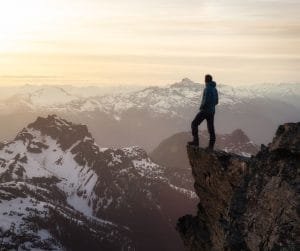
James
A passionate traveler and writer who loves exploring the world, discovering new places, savoring unique foods, and connecting with fascinating people. Through their writings, James shares personal experiences and stories from every corner of the globe, with the hope that others can one day embark on these adventures for themselves. Whether it's about a hidden gem of a destination or a culinary delight, James's goal is to inspire and spark a sense of wanderlust in their readers.

James
A passionate traveler and writer who loves exploring the world, discovering new places, savoring unique foods, and connecting with fascinating people. Through their writings, James shares personal experiences and stories from every corner of the globe, with the hope that others can one day embark on these adventures for themselves. Whether it's about a hidden gem of a destination or a culinary delight, James's goal is to inspire and spark a sense of wanderlust in their readers.
Past Blog Posts
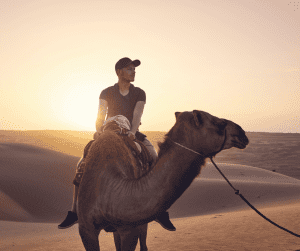
Planning a Trip to Egypt? Here’s How Long You Need
Think you can “do” Egypt in 3 days? Think again. From ancient tombs to Nile-side secrets, this guide reveals why the magic of Egypt demands more than a layover—and shows you exactly how many days you really need to make it unforgettable. Don’t book that flight until you read this.
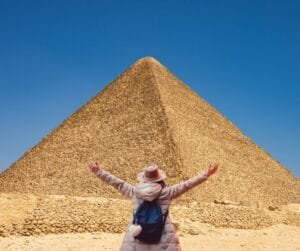
How Far Does $100 Go in Egypt?
Think $100 won’t get you far? In Egypt, it’s a game-changer. From luxury hotels to mouthwatering meals and ancient wonders, see how far your dollar really goes. This guide breaks down real costs, insider tips, and jaw-dropping experiences you can afford—without breaking the bank.
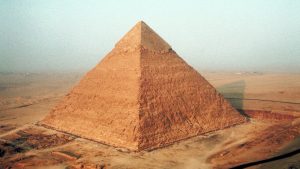
Private Egyptologist Tours: Unlock Egypt’s Hidden Secrets in Luxury
Step beyond the velvet ropes of Egypt’s most iconic sites. With a private Egyptologist as your guide, you’ll uncover hidden chambers, untold stories, and experience ancient wonders far from the tourist crowds. This is discovery at its most exclusive—where history meets luxury.

